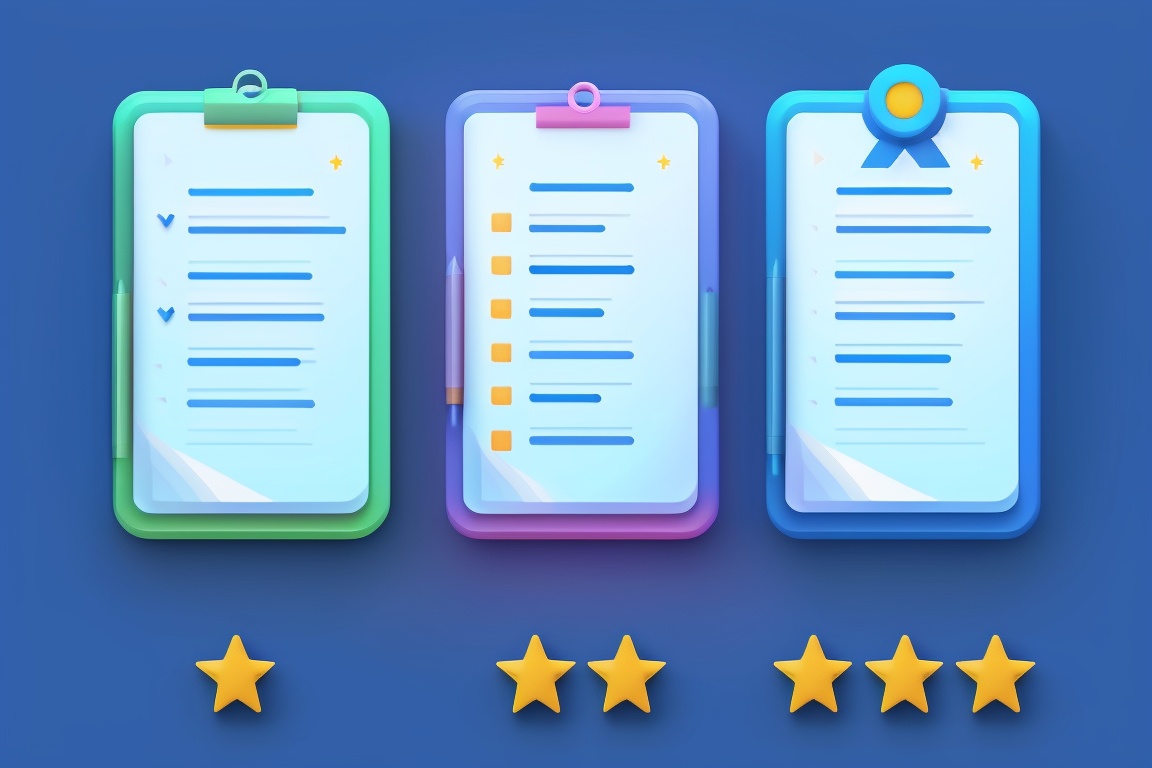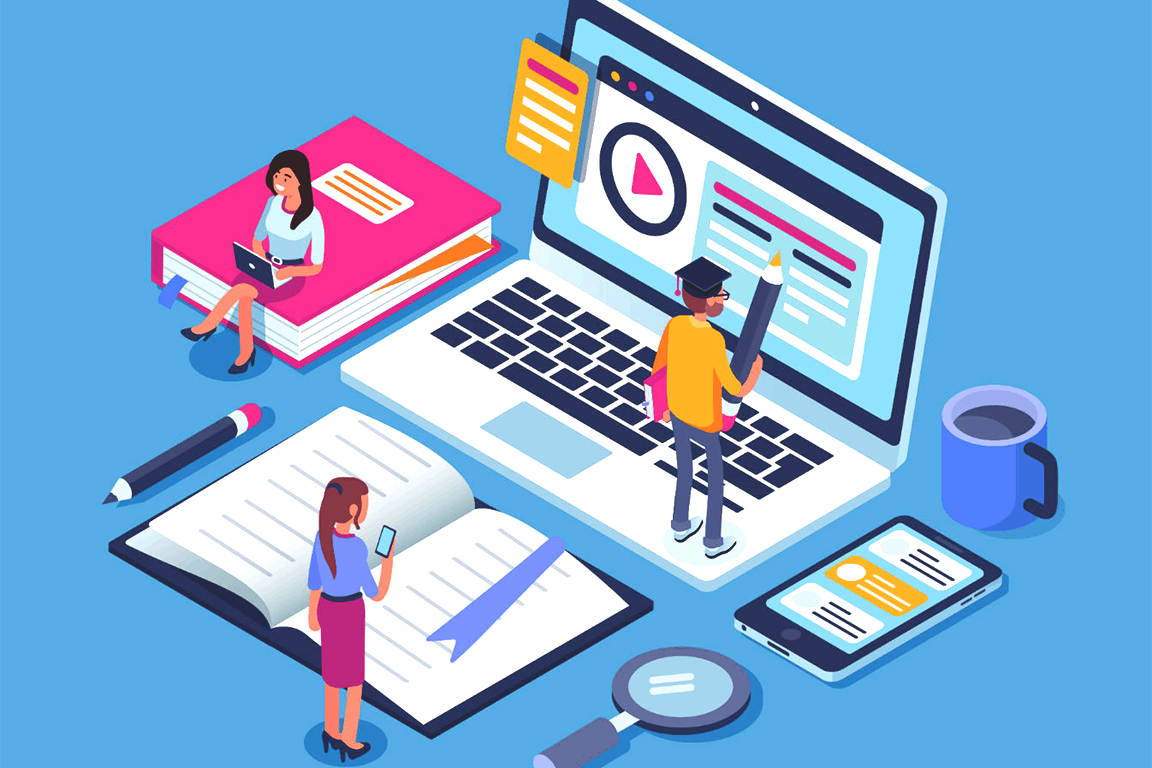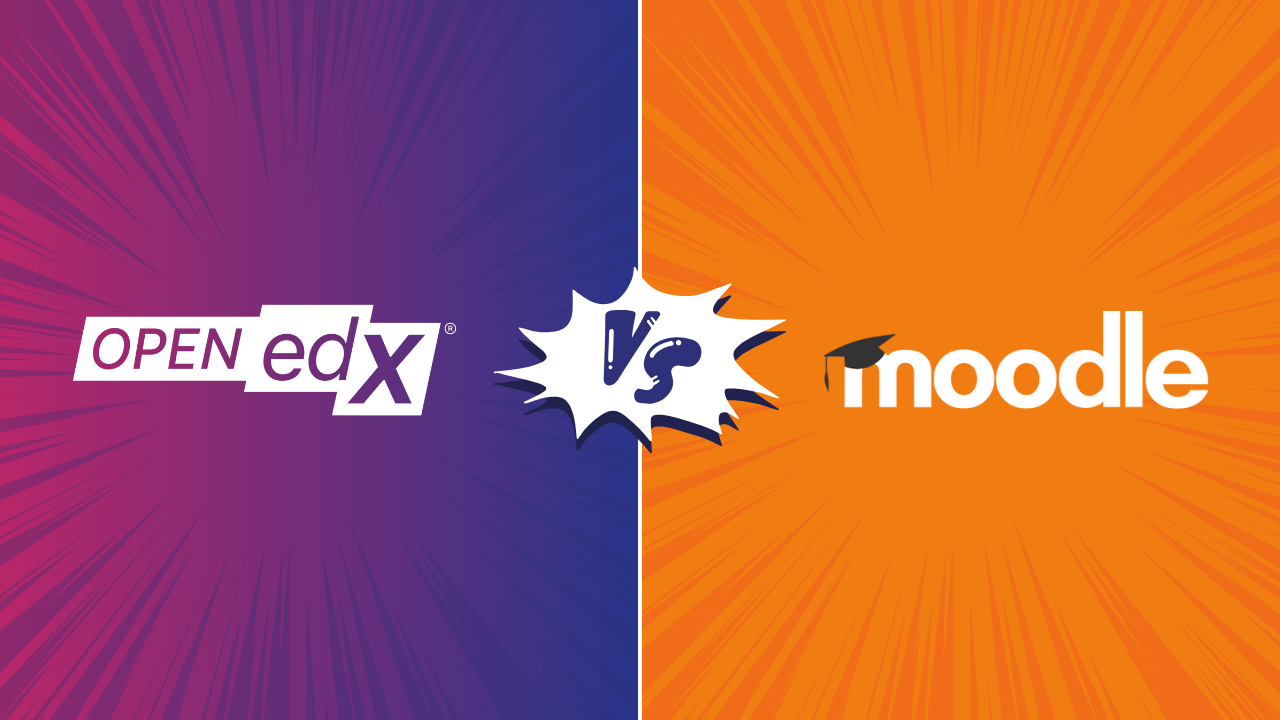Published June 18, 2022
7 Tips for Effective Learning
Dr. Hamna Labeeb
Content EditorEffective Learning: Strategies for Holistic Growth
Effective learning encompasses methods of learning and teaching in which the students have an active role in their own personal development and learning. The process involves learning new techniques of learning and unlearning the traditional methods. Effective learning calls for interactive systems, frequent opportunities to express one’s ideas and receive feedback consistently and constructively. Learning must be a process that engages all senses and utilizes every skill a learner has contrary to the conventional processes like repetition and copying that makes teaching a spoon-feeding vocation, where knowledge is imparted in a linear fashion, from the experts to the students.
To learn effectively, you need to consider a few things that contribute to a holistic enhancement of capabilities, skills and knowledge. Learning happens best when the cognitive, psychological and physical realms of a person are optimal and well-primed. So here are seven things to remember to ensure effective learning.
-
Focus and Filter
For information to get committed to your long term memory, you need to focus on it. Your attention is mandatory for a particular piece of information to be processed and the brain cannot process a host of different information all at once. You need to focus on what is important and filter accordingly, so that your brain’s work is not wasted on unnecessary information.
-
Set Realistic Goals that Align with Your Passion
Goal-setting has been a common practice in productivity-driven journeys. But how you set a goal is crucial to the outcomes. Setting them too high and far can be demotivating in the long run. Whereas, realistic goals that align with your passions and interests propel you forward, do not drain you mentally and physically, gives you frequent achievement milestones and a sense of accomplishment needed to keep you motivated and lets you enjoy the process of learning.
-
Learn in Bite-Sized Chunks
Cognitive overload has an adverse effect on the brain. The brain cannot process a large amount of information at one go. It can only take up small chunks of information with complete focus. The working memory has limited capacity unlike the long term memory. Learning capacity shrinks when there is too much information to process. It would be ideal to not involve more than five interactive tools because multitasking is not really a human brain’s forte. Single focus and bite-sized information chunks give better outcomes than multitasking.
-
Persevere
Nothing extraordinary was ever achieved without perseverance. For effective learning, self-determination and motivation are essential. You need to stay on the path you have chosen for yourself and show up for the journey. This becomes possible when you invest your skills and cognitive abilities in what you love.
-
Maintain a Healthy Lifestyle
Learning is not a process limited to the brain, but even if it were, the brain is in the body and everything that affects the body will affect the learning process. This includes the diet, lifestyle and health concerns. For optimal learning outcomes, proper and healthy habits are necessary. Follow a healthy and clean diet, exercise regularly and manage stress and mental health concerns alongside maintaining a healthy body.
-
Nurture a Positive Learning Environment
Where you learn from and what you are surrounded by has a major influence on how you learn and how well you do it. Learning is done best with the right kind of environment and social elements. As social animals, humans grow in relation with others and this goes for knowledge-building as well. It is necessary that you are surrounded by a positive-minded crowd that understands and supports effective learning and the techniques involved. Steer clear of demotivating and toxic relationships which pull down your productivity, performance and patience. Find a space that radiates positivity and inspiration, both in materials and people.
Learn More
The thing about learning is, the more you learn, the more you can learn. Your prior knowledge enhances your learning capabilities and this allows you to accept more knowledge on the go. Manage learning in a way that you do not end up in cognitive overload which can be detrimental to your learning journey. Strike a balance between learning too much and too little, so that you can continue learning for the best outcomes.
Learning is a complex process and there is no one right way to garner knowledge. You need to put together more than one technique and explore different pathways to create a process that works best for you. Effective learning takes place when the process is customizable, engaging, flexible and set to your pace, ensuring your complete involvement in the learning process.



